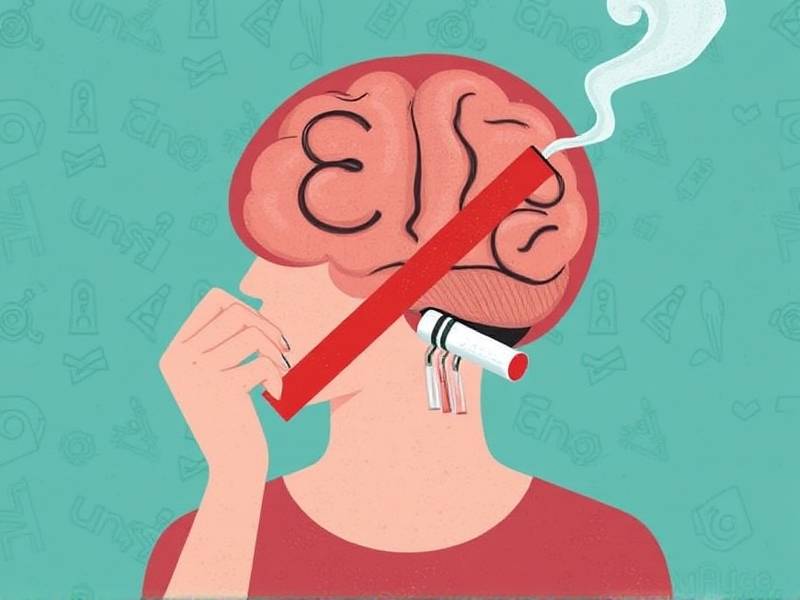What Happens to Your Mind When You Quit Smoking: A Guide to the Mental Changes That Can Occur
Unveiling the Mental Transformation: What Happens to Your Mind When You Quit Smoking
Introduction: Quitting smoking is a significant step towards a healthier life. While the physical benefits are well-documented, the mental changes that occur during the quitting process are often overlooked. In this guide, we will explore the mental transformations that can take place when you quit smoking, providing you with valuable insights and motivation to embark on this journey.
I. The Immediate Mental Benefits of Quitting Smoking

-
Improved Concentration and Memory One of the first mental changes you may notice when you quit smoking is an improvement in concentration and memory. Smoking affects brain function by reducing blood flow and oxygen supply to the brain. By quitting, you allow your brain to receive adequate oxygen, enhancing cognitive abilities.
-
Increased Energy Levels Smokers often experience low energy levels due to nicotine withdrawal. Quitting smoking can lead to a surge in energy levels, allowing you to tackle daily tasks with renewed vigor.
-
Enhanced Mood Smoking can affect mood regulation due to nicotine's impact on neurotransmitters in the brain. When you quit, your body gradually adjusts, leading to an improved mood and reduced symptoms of depression or anxiety.
II. The Long-Term Mental Benefits of Quitting Smoking
-
Improved Cognitive Function Long-term smoking has been linked to cognitive decline and an increased risk of conditions like Alzheimer's disease and dementia. By quitting, you reduce your risk of these conditions and improve overall cognitive function.
-
Enhanced Decision-Making Skills Quitting smoking requires discipline and self-control. As you continue to resist cravings, these skills will naturally improve, leading to better decision-making abilities in various aspects of your life.

-
Increased Resilience The process of quitting smoking can be challenging at times, but it also builds resilience. You'll develop coping mechanisms that help you navigate stressors more effectively, making it easier to handle future challenges.
III. Overcoming Common Mental Challenges During Quitting
-
Managing Cravings Cravings are a common challenge during the quitting process but are manageable with proper strategies such as distraction techniques or nicotine replacement therapy.
-
Coping with Withdrawal Symptoms Withdrawal symptoms like irritability or anxiety may arise when you quit smoking. Engaging in relaxation techniques such as meditation or deep breathing exercises can help alleviate these symptoms.
-
Staying Motivated Setting realistic goals and celebrating small victories along the way can help maintain motivation throughout your quit journey.
Conclusion: Quitting smoking not only improves your physical health but also brings about remarkable mental changes that enhance your overall well-being. By understanding these transformations, you'll be better equipped to embrace this life-changing decision with confidence and determination.
